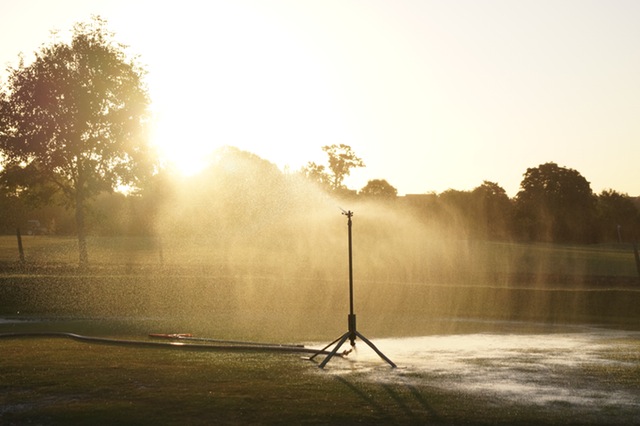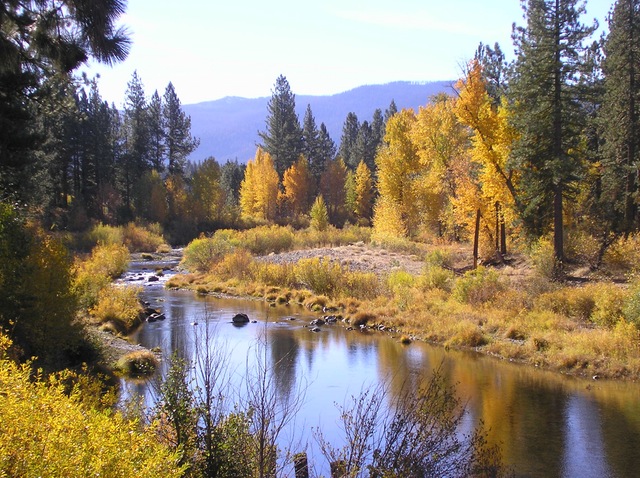Wastewater Recycling
During wastewater recycling or reuse, wastewater generated from domestic, municipal and industrial sectors are treated and brought back to such a condition that is safe to use again for various beneficial purposes like irrigation, fire-fighting, groundwater recharge etc. Wastewater reusing can meet increased demands and enhance water supply sources for a community.

Wastewater Recycling Options:
Some common and well-practices wastewater reuse options are as follows:
Restricted and Unrestricted Urban Reuse: Restricted urban reuse is defined as the use of recycled water for non-potable applications in municipal settings where public access is controlled or restricted by physical or institutional barriers, such as fencing, advisory signage, or temporal access restriction. Unrestricted urban reuse is defined as the use of recycled water for non-potable applications in municipal settings where public access is not restricted. Some urban water reuse options are -
- Air Conditioning
- Fire protection
- Landscape Irrigation
- Golf course irrigation
- Dust control
- Construction sites water uses
- Vehicle washing
- Toilet flushing
Agricultural Water Reuse: Agricultural water reuse to irrigate food crops and non-food crops is the largest current use of reclaimed water (USEPA, 2012) and offers significant opportunities for water reuse as well.
Environmental Water Reuse:
Environmental water reuse implies use of reclaimed water to create, enhance, sustain, or augment water bodies, including wetlands, aquatic habitats, or stream flow.
Industrial Water Reuse:
Industrial water reuse means the use of reclaimed water in industrial applications and facilities like power production, extraction of fossil fuels etc. Some examples of industrial water reuse are:
- Cooling water
- Boiler make-up water
- Industrial process water
Water Reuse in Groundwater Recharge: Non-potable water reuse in groundwater recharge occurs when recycled water is used to recharge aquifers that are not used as potable water sources. Some examples of non-potable groundwater recharge are:
- Groundwater replenishment
- Storage in groundwater aquifers
- Creating hydraulic barrier against salt
water intrusion

Treated wastewater can be used to revive surface water body or recharge ground water storage.
Benefits of Wastewater Recycling:
Some benefits of wastewater reuse are listed as follows:
- Access to diversified water sources.
- Less dependency on fresh water resources.
- Prevent diversion of fresh water from sensitive ecosystem for agricultural, urban, and industrial purposes, and thus maintaining flows to vital ecosystems.
- Reduce use of potable water by industrial, municipal and recreational projects that use reclaimed/alternative water sources.
- Reducing the need of discharging treated wastewater to environment, specially to sensitive lakes and water bodies.
- Less infrastructure requirements for drinking water treatments.
- Less energy requirements for drinking water transportation and treatments.
- Water recycling can reduce and prevent pollutant loading to water bodies such as excessive nutrients, while it can be beneficially use for different agricultural purposes.
- More environmental benefits from creating or enhancing wetlands or riparian habitats.
Go back to the EcoAmbassador Home
Discover More on Wastewater Recycling
Total Visits to Site: